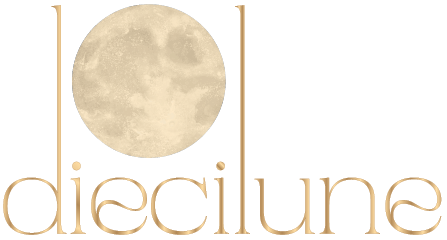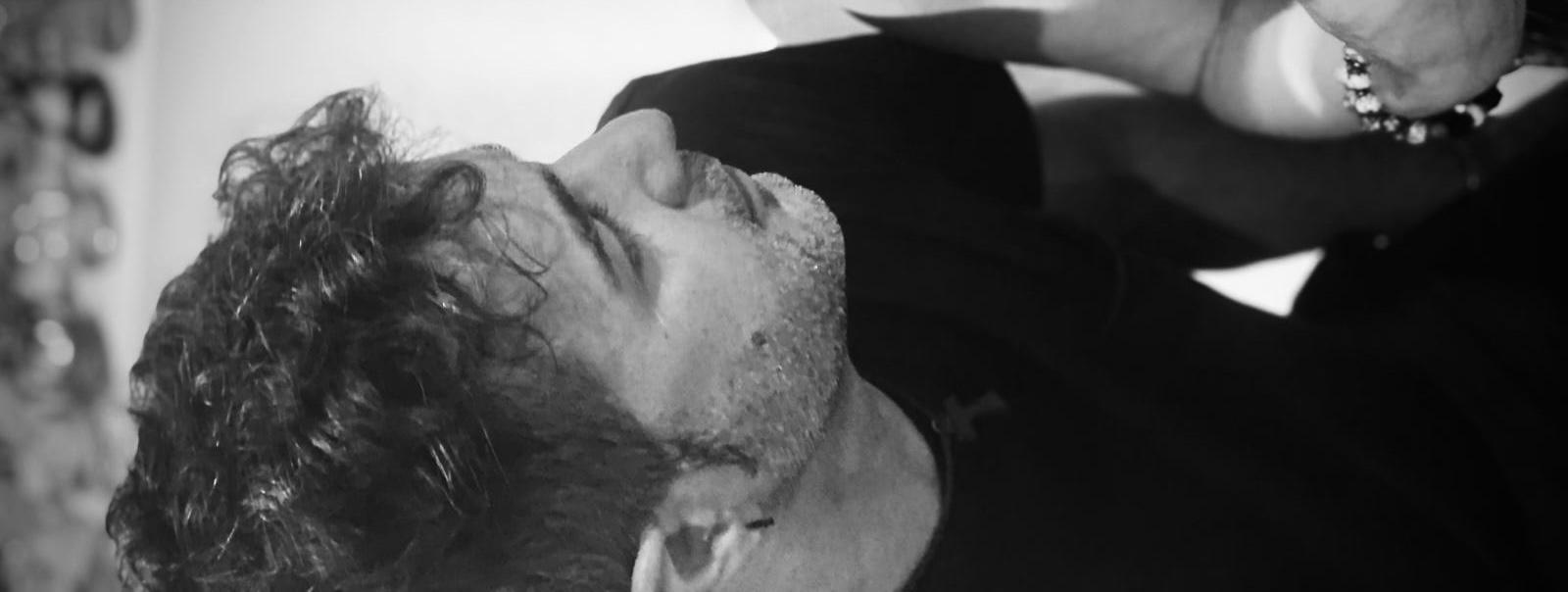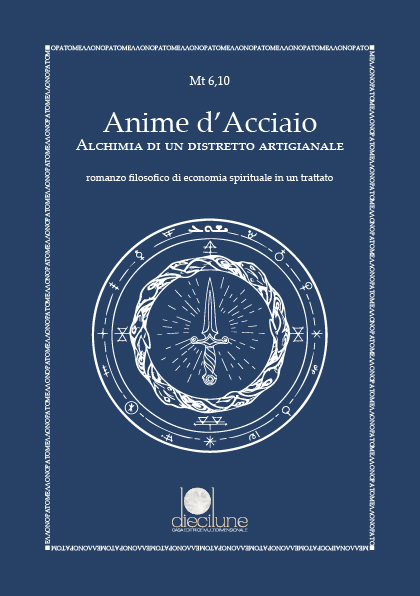In the contemporary publishing landscape, where economic essays follow one another at a rapid pace and business manuals promise instant success formulas, a work emerges that, with discretion but profound insight, invites a broader reflection on true value in the economy. I am referring to “Anime d’Acciaio: Alchimia di un Distretto Artigianale” (Souls of Steel: Alchemy of an Artisan District), a “philosophical novel of spiritual economy in a treatise,” published by Dieci Lune.
At first glance, the subtitle might seem cryptic to an economic journalist accustomed to graphs and balance sheets. However, delving into its pages, one discovers a treatise disguised as a narrative that offers surprisingly relevant insights for the world of business and production. The core of the work is the exploration of the concept of “soul” in objects and, by extension, in the economy itself.
Beyond the Supply Chain: The Intrinsic Value of Handcrafted Goods
“Anime d’Acciaio” takes us on a journey into the heart of an artisan district, explicitly recalling the excellence of Frosolone’s blade forging. Here, craftsmanship is not merely a production process, but an alchemy – a transformation that imbues raw material with history, passion, and dedication. This process, as described in the book, generates a value that transcends the cost of raw materials and labor time. It is an intrinsic, emotional, almost “spiritual” value that global markets struggle to quantify, but which modern consumers are increasingly desperate to find.
In an economy dominated by standardization and mass production, the work highlights the untapped economic potential of traditional skills and “know-how.” This is not about nostalgia, but a clear analysis of how artisanal mastery can represent a lasting competitive advantage. A hand-forged knife, which encapsulates “the story of an entire family, an indissoluble bond with the land,” positions itself in a completely different market segment than its industrial counterpart. Its price is not solely dictated by function, but by narrative, perceived quality, and the emotional resonance it creates.
Circular Economy and Knowledge Transfer: A Sustainable Model
The book implicitly touches on crucial themes such as sustainability and the circular economy, albeit in a more philosophical than technical key. The transmission of ancient knowledge from father to son is not just a cultural act, but a form of renewable human capital. The longevity and “repairability” of handcrafted objects contrast with planned obsolescence, suggesting a more resilient and less resource-intensive economic model.
The Dieci Lune Cultural Foundation of Frosolone, which enthusiastically supports the project, recognizes its ability to “give voice to a unique cultural identity, promote the intrinsic beauty of manual labor, and inspire new generations to preserve and innovate this ancient art.” This is not merely cultural patronage, but a strategic investment in enhancing a territorial asset, maintaining critical skills, and creating a premium market niche.
Conclusions for the Conscious Entrepreneur
For the economic journalist, “Anime d’Acciaio” is not just a novel, but a provocative invitation to reconsider the foundations of modern economics. It pushes us to ask: what value are we truly creating? Are we prioritizing quantity over quality, price over durability, efficiency over “soul”?
Dieci Lune’s work suggests that a prosperous economy measures not only GDP but also the intangible wealth of a territory, its ability to pass down knowledge, and to imbue products with a value that goes beyond the purely material. It is a recommended read for entrepreneurs, strategists, and policymakers seeking sustainable and resilient development models, capable of generating not only profit but also a profound sense of identity and purpose. After all, as the book reminds us, “every well-made object has a soul, a story to tell.” And perhaps, our economy should rediscover its own.


